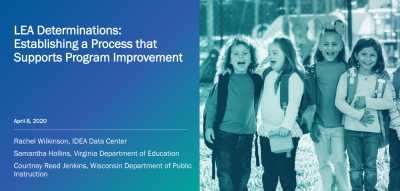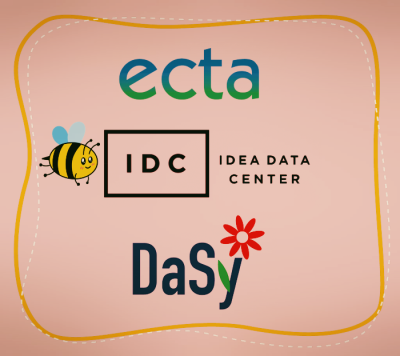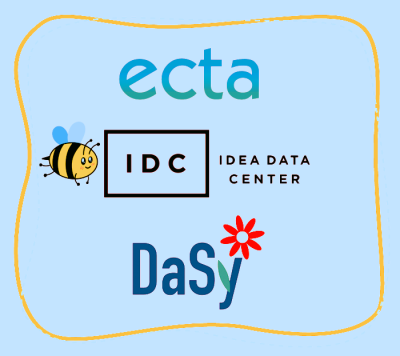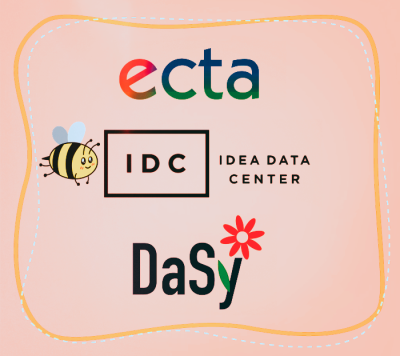Past Events and Recordings
Search for past events including the companion recordings and slides.
Past Events 29 - 35 of 69
-
Interactive Institute 2022
Mark your calendars now, and stay tuned for more information about session registration.
-
LEA Determinations: Establishing a Process That Supports Program Improvement
During this IDC webinar, participants learned about federal requirements for LEA determinations of performance. They also learned about national trends for issuing LEA determinations, including information on the data elements and calculation methodologies states use in making their LEA determinations. Additionally, two states shared their current LEA determination processes and the impact of these processes on local special education programs.
-
Leadership with an Equity Mindset: Using Preschool Special Education Data
ECTA + IDC + DaSy? Yes! Join us on April 26 for the first in this four-part webinar series on preschool special education data in which we will cover bringing an equity mindset to the full data life cycle. This series will prepare you to identify and analyze your data to remove barriers to equitable access, experiences, and outcomes as part of a continuous improvement process.
-
Leadership with an Equity Mindset: Using Preschool Special Education Data
It's round two with ECTA, IDC, and DaSy? Join us on May 24 for the second in this four-part webinar series on preschool special education data in which we will cover critical questions to improve equitable access, experiences, and outcomes.
-
Leadership with an Equity Mindset: Using Preschool Special Education Data
Third time's the charm! Join ECTA, IDC, and DaSy on June 28 for the third in this four-part webinar series on preschool special education data in which we will cover analyzing your data using an equity mindset.
-
Leadership with an Equity Mindset: Using Preschool Special Education Data
Big finish! Join ECTA, IDC, and DaSy on July 12 for the final act in this four-part webinar series on preschool special education data in which we will cover continuing the work and taking action.







